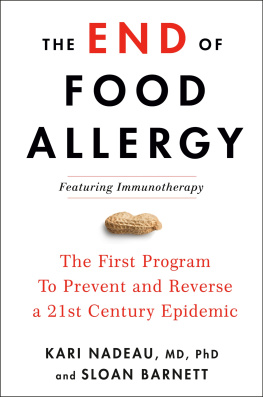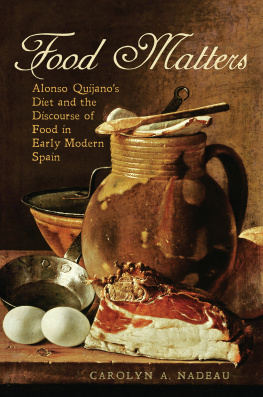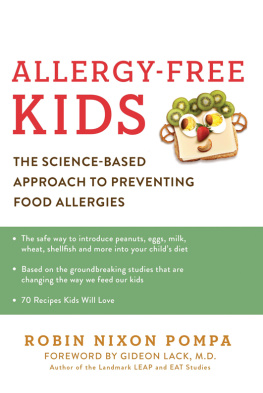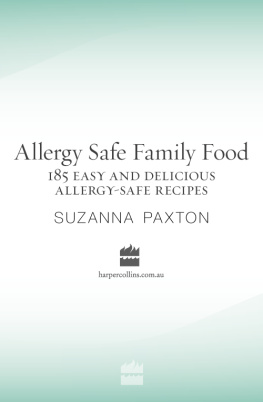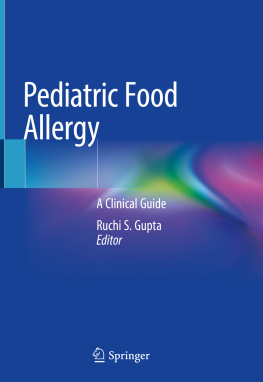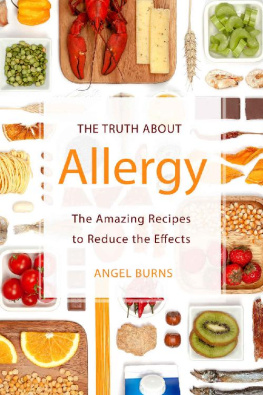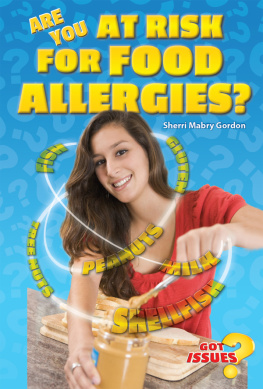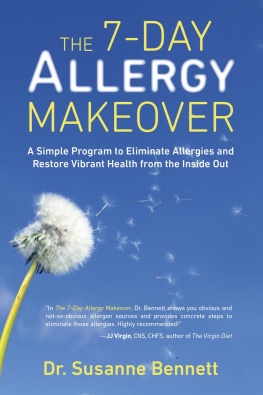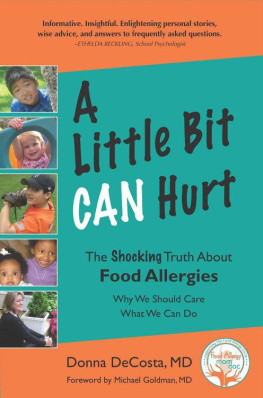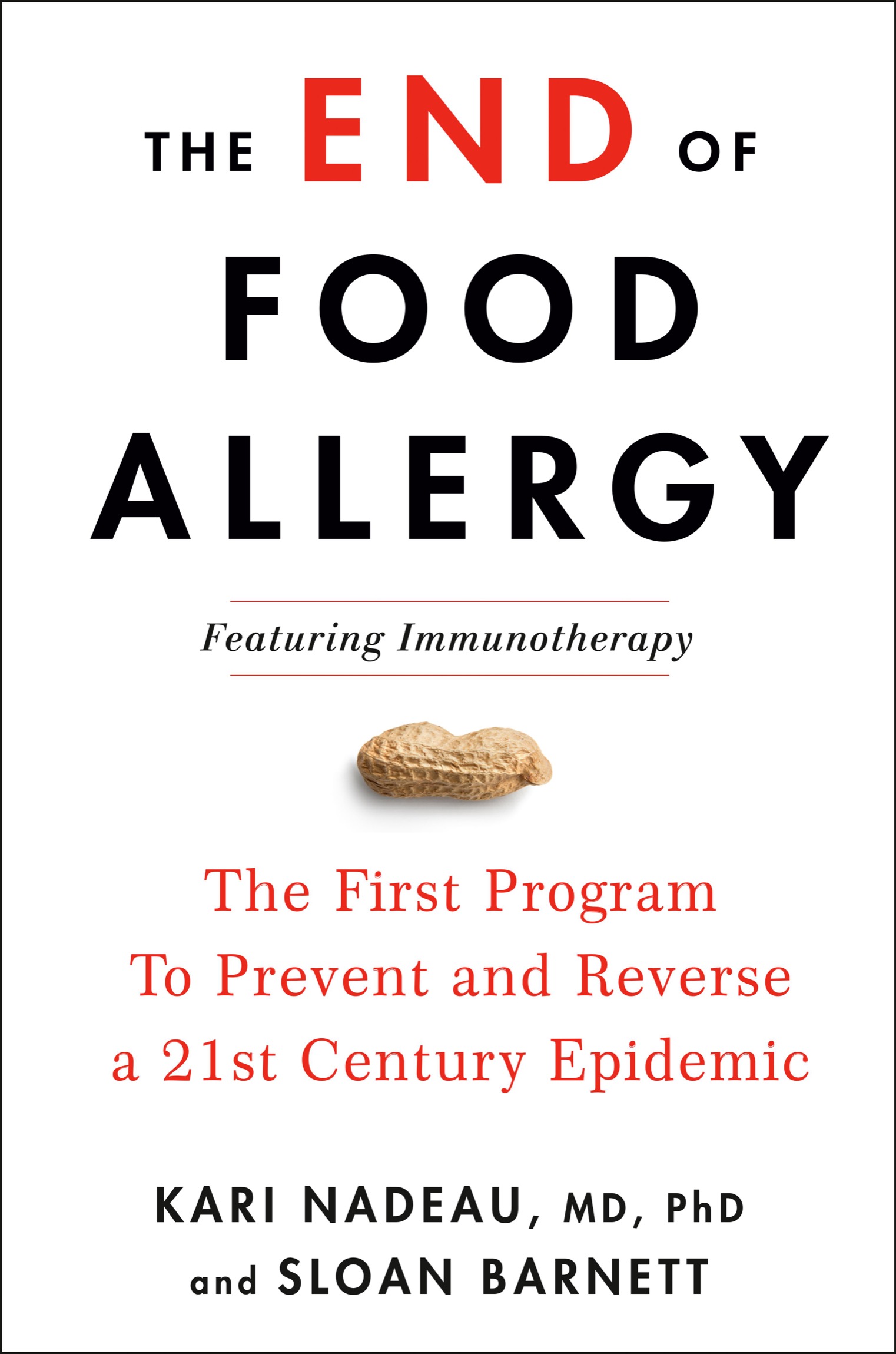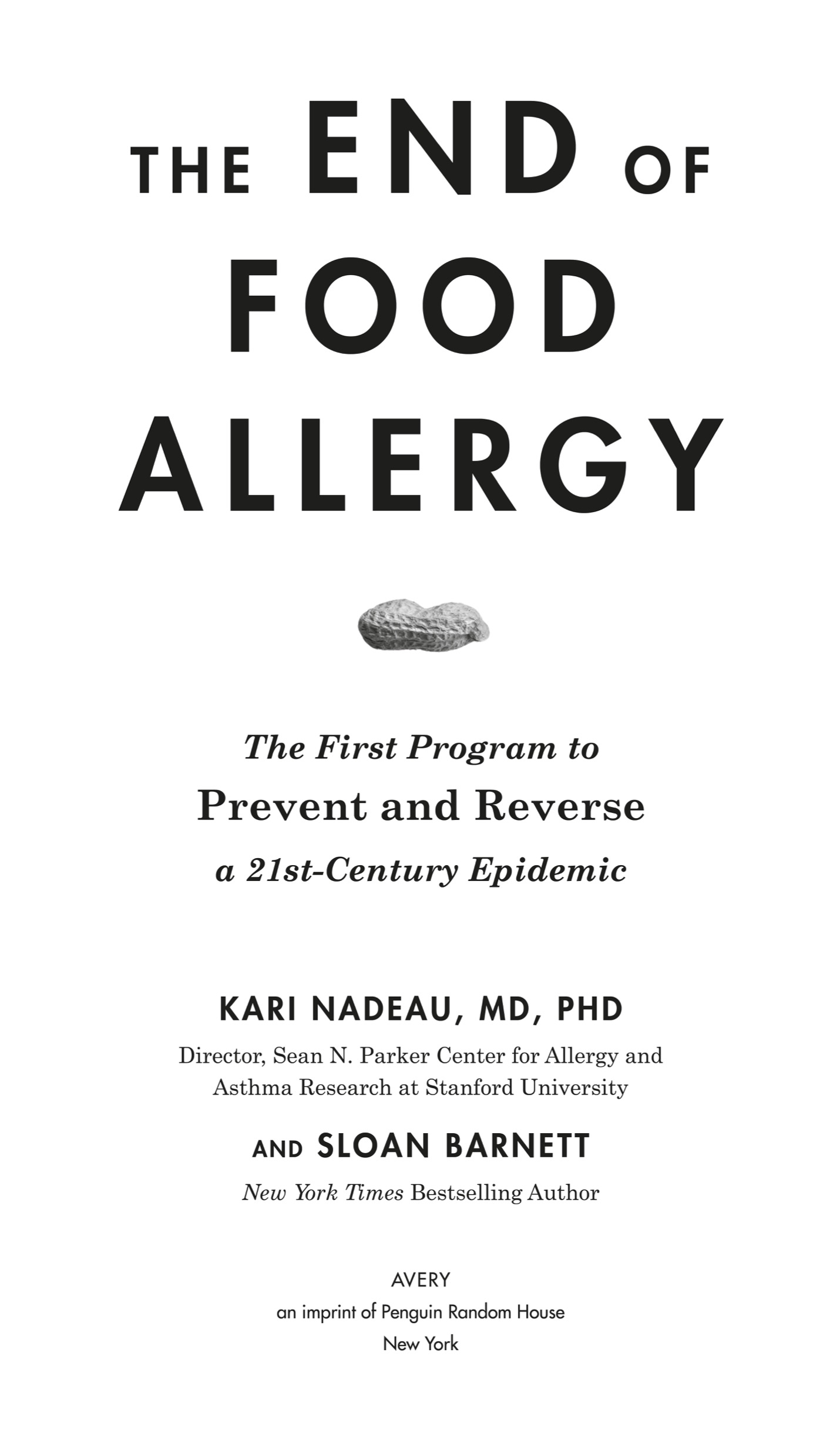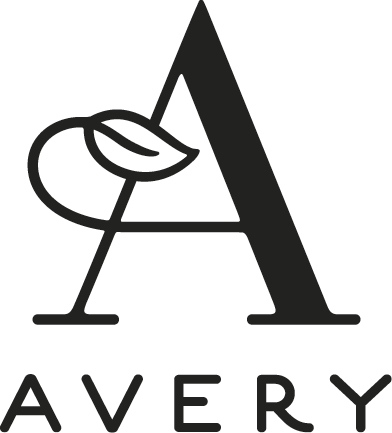
an imprint of Penguin Random House LLC
penguinrandomhouse.com
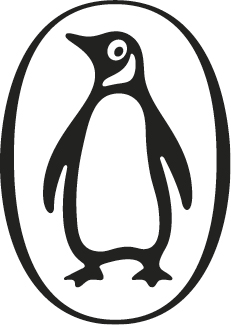
Copyright 2020 by Kari Nadeau, MD, PhD, and Sloan Barnett
Penguin supports copyright. Copyright fuels creativity, encourages diverse voices, promotes free speech, and creates a vibrant culture. Thank you for buying an authorized edition of this book and for complying with copyright laws by not reproducing, scanning, or distributing any part of it in any form without permission. You are supporting writers and allowing Penguin to continue to publish books for every reader.
Library of Congress Cataloging-in-Publication Data
Names: Nadeau, Kari, author. | Barnett, Sloan, author.
Title: The end of food allergy: the first program to prevent and reverse a 21st-century epidemic / Kari Nadeau, MD, PhD, Director, Sean N. Parker Center for Allergy and Asthma Research at Stanford University, and Sloan Barnett, New York Times Bestselling author.
Description: New York: Avery, Penguin Random House, 2020. | Includes bibliographical references and index.
Identifiers: LCCN 2019055419 (print) | LCCN 2019055420 (ebook) | ISBN 9780593189511 (hardcover) | ISBN 9780593189528 (ebook)
Subjects: LCSH: Food allergyPrevention. | Food allergy in children. | Immunotherapy.
Classification: LCC RC596 .N33 2020 (print) | LCC RC596 (ebook) | DDC 616.97/5dc23
LC record available at https://lccn.loc.gov/2019055419
LC ebook record available at https://lccn.loc.gov/2019055420
Neither the publisher nor the authors are engaged in rendering professional advice or services to the individual reader. The ideas, procedures, and suggestions contained in this book are not intended as a substitute for consulting with your physician. All matters regarding your health require medical supervision. Neither the authors nor the publisher shall be liable or responsible for any loss or damage allegedly arising from any information or suggestion in this book.
While the authors have made every effort to provide accurate telephone numbers, Internet addresses, and other contact information at the time of publication, neither the publisher nor the authors assume any responsibility for errors, or for changes that occur after publication. Further, the publisher does not have any control over and does not assume any responsibility for author or third-party websites or their content.
pid_prh_5.6.0_c0_r0
To the patientsthe true heroes of our story
CONTENTS
Part I
UNDERSTANDING FOOD ALLERGY
Chapter 1
INTRODUCING THE END OF FOOD ALLERGY
Who we are, why were here, and whats ahead
Welcome to the future of food allergy.
If youre reading this book, then youre probably affected by food allergy in some way. Or maybe youre simply interested in understanding more about this epidemic gripping the country and, increasingly, the world. Perhaps your baby was just diagnosed with an allergy to nuts or dairy or egg. Maybe you have a child in elementary school confined to the nut-free table in the cafeteria and youre turning down invitations to birthday parties out of fear that an accidental exposure to wheat or dairy will send him or her to the hospital. Maybe you have friends with food allergy in their family or their own diagnosis. Maybe you are a clinician wishing you had more options for your patients. Or maybe youre a parent anxious about putting your food-allergic child into anyones care but your own.
It could be that youre a teacher with food-allergic children in the classroom. Or maybe you have a teenage family member who seems always on the verge of forgetting to bring their epinephrine when they go out with friends. Or maybe you are the one in your family who has never tasted peanut, the result of arranging your life around avoiding places and foods where your allergen is likely to lurk.
Whoever you are, if you are one of the tens of millions of people touched by food allergy in some way or are simply curious about the condition, then this book is for you. This book is here to help.
Food allergy is entering a new era. For decades we have grappled with this alarming and perplexing epidemic that has affected an increasing number of children and adults. Yet science has had little to offer to those fated to a life of fear about possible death (albeit very rare) by accidental exposure.
That time is over. Gone are the days when avoiding a food at all costs was the only option, when nothing could be done and no one had any clues about treatment. We are also done with the years when claims of food allergy were met with skepticism, ignorance, and dismissal. Both science and the general public now recognize this condition as a serious disease that requires our help.
For the past century, food allergy researchers have been forging a new continent. Hard-won understandings about the immune system now form fertile ground that allowed something new to grow: options.
Immunotherapy is at the heart of this new world. This powerful technique trains the immune system to stop treating a given food as an enemy. It sets the body back on course by reeducating it, slowly but surely, about the safety of nuts or wheat or eggs or dairy, or whatever other food triggers the dangerous, self-harming reaction known as an allergy attack.
EXPLORING A NEW LAND
This book provides an in-depth look at the complete program for preventing, diagnosing, and reversing food allergy. Part One starts with the harrowing numbers showing the dramatic rise of the condition over the past thirty years or so. We unpack the various theories seeking to explain this increase in prevalence, collecting the grains of truth scattered across this field of research. Next we address one of the most pernicious side effects of food allergy: parental guilt. We look at what the science tells us about pregnancy diets, breastfeeding diets, genetic inheritance, and other possible pathways through which food confusion may enter the immune system. With self-blame set aside, we then tackle the kitchen, guiding families on everything they need to know about changes to make at home following an allergy diagnosisincluding a clear-eyed walk through the tangled mire of food labeling laws.
Part Two delves into the heart of the new era for food allergy. It begins with a look back at how we became so focused on avoidance as the only option. Equipped with the lessons of the past, we then shift to knowledge we now have about preventing food allergy. We make a clean escape from the avoidance myth aided by rigorous research on early introduction. And we offer an evidence-based, practical guide for when and how to add new foods into our diets in order to prevent food allergy.
That brings us to immunotherapy. To put it simply: it is now possible to treat and reverse food allergy. The research is still in progress and we are still identifying standard regimens that allergists everywhere can offer in their clinics. But the thousands of patients who now live free from the fear of accidental exposuremany of whom freely eat their former allergens as if they never had a bad reaction to themare a testament to the power of this program. The new era for food allergy is all about returning control to peoples lives. Immunotherapy is one way that happens.

